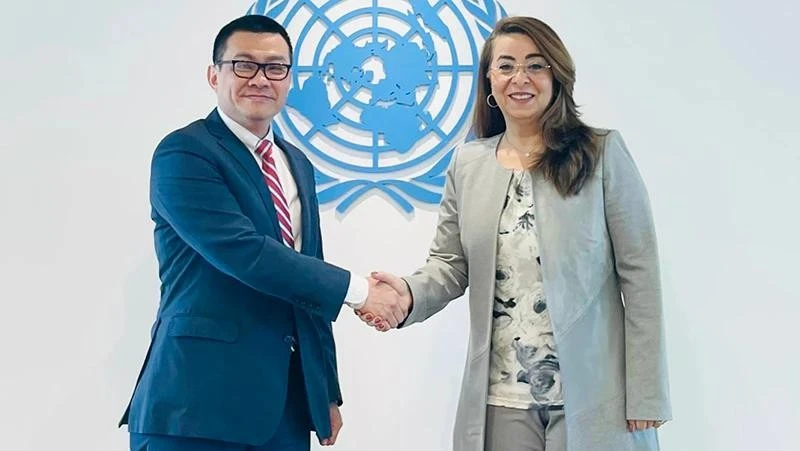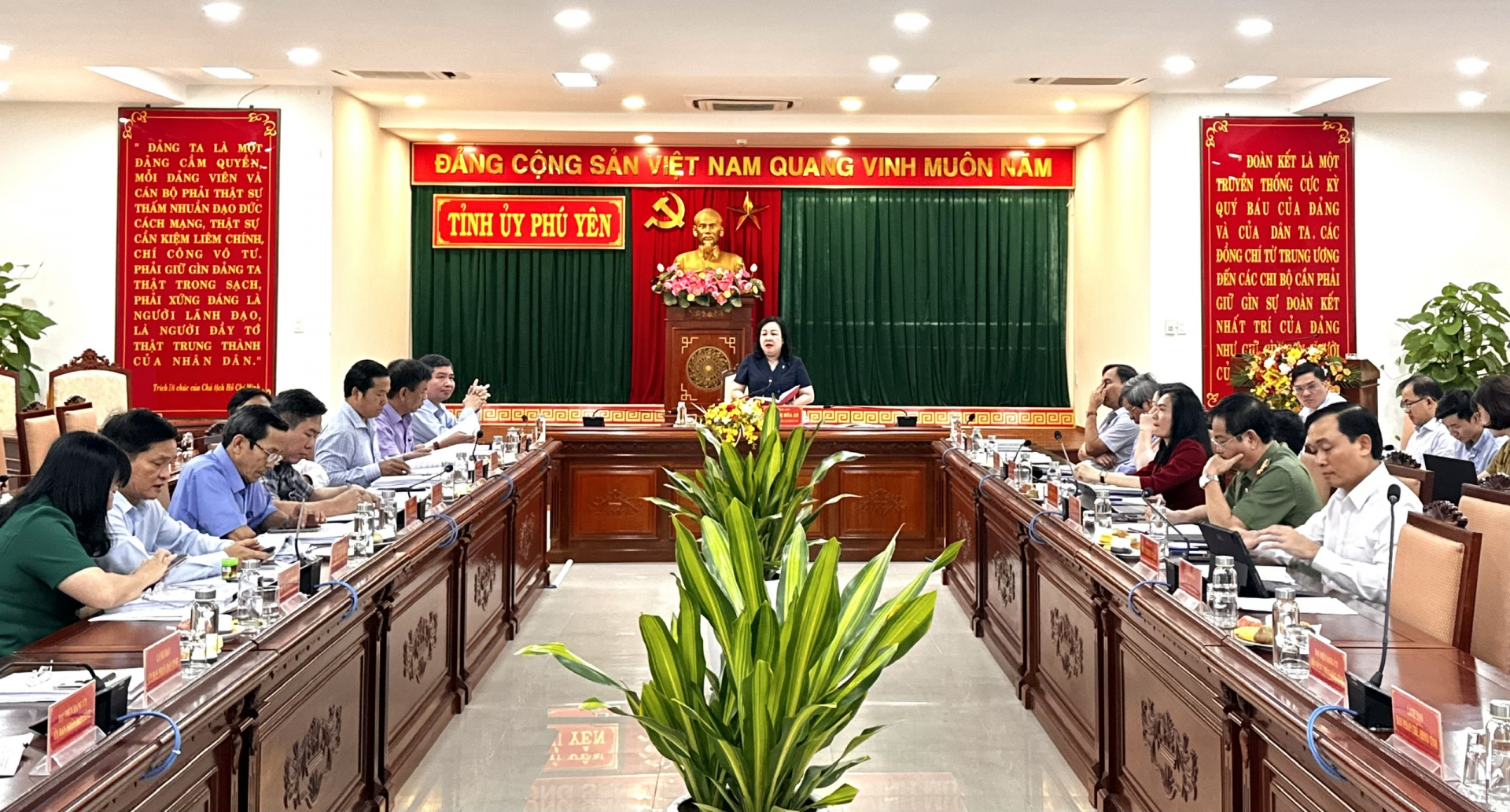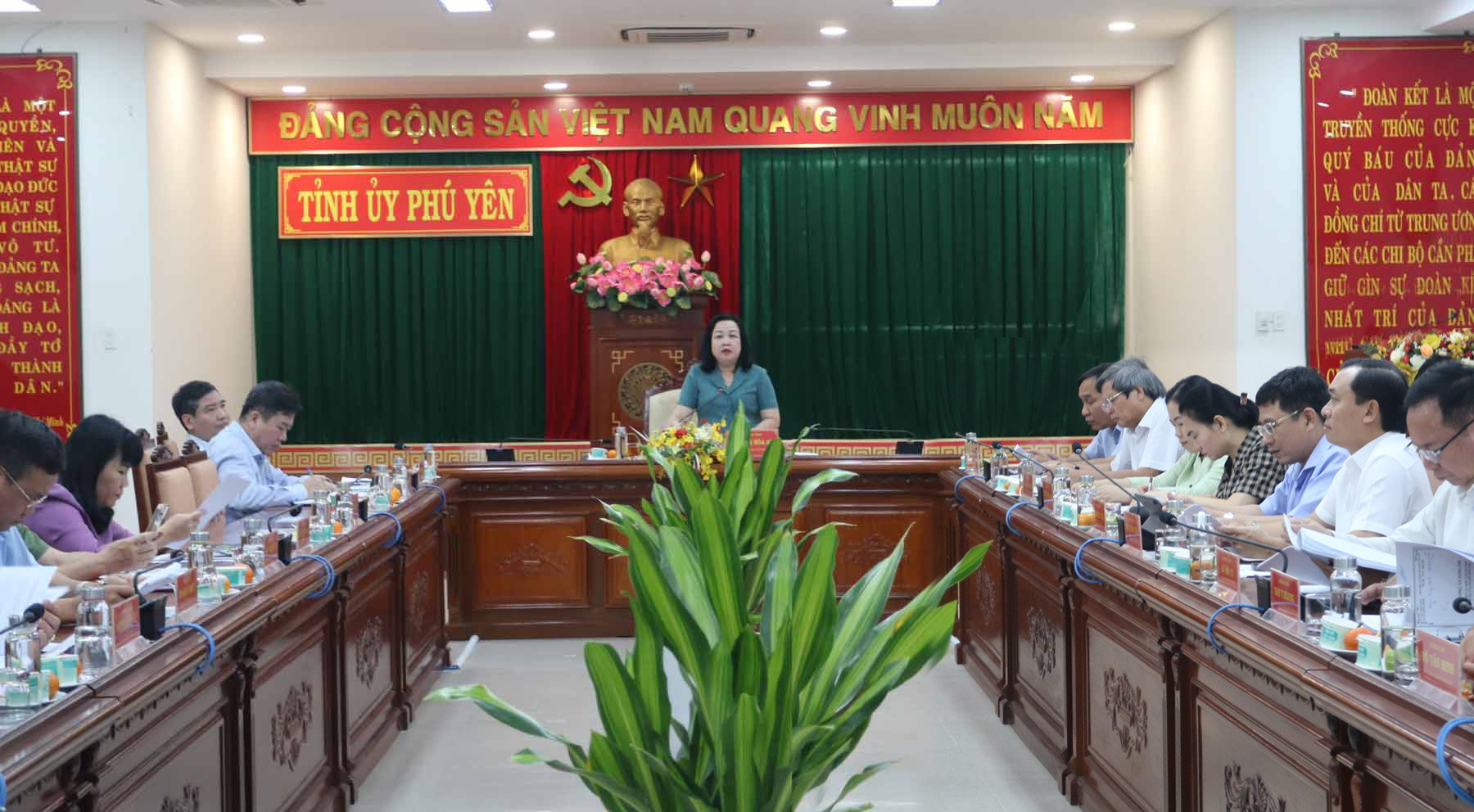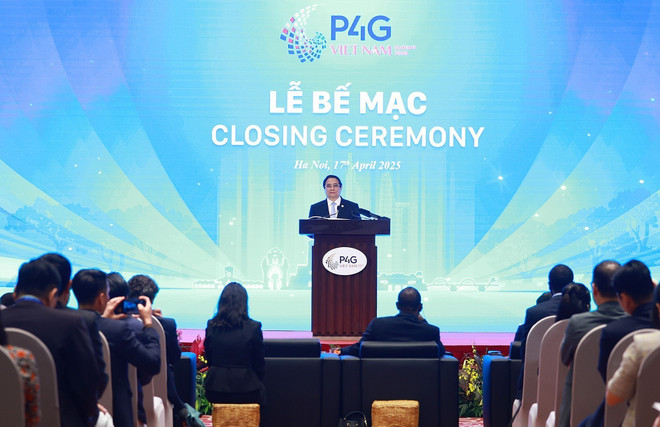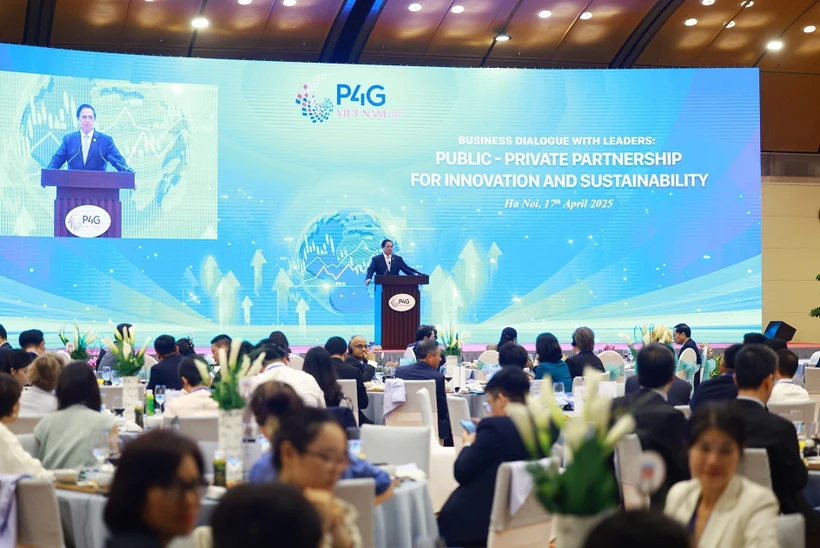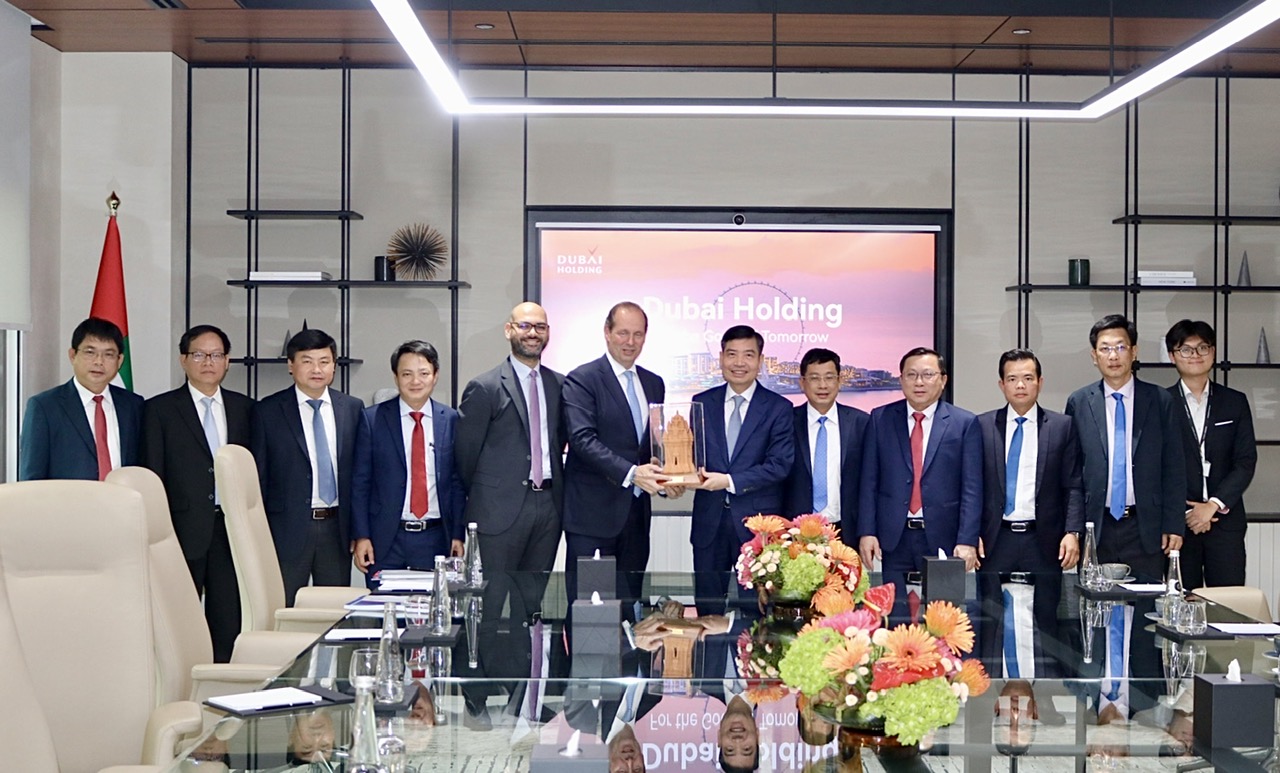Prime Minister Pham Minh Chinh chaired the Government’s second legislation meeting in Hanoi on April 18 to collect input on five bills slated for approval at the National Assembly’s upcoming 9th session.
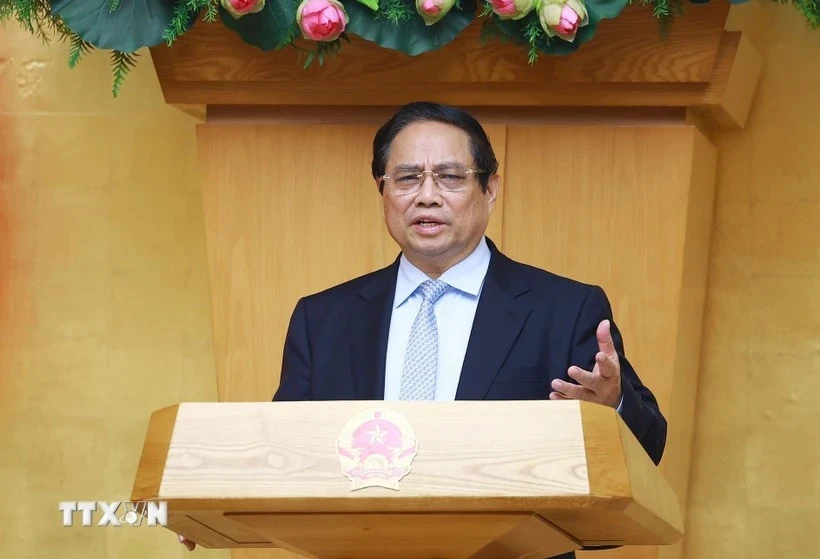 |
| PM Pham Minh Chinh speaks at the Government’s second legislation meeting in Hanoi on April 18. Photo: VNA |
The bills include the draft Law amending and supplementing several articles of the Law on Planning, the revised draft Law on the State Budget, the draft Laws amending and supplementing articles of several laws, including the Law on Bidding, the Law on Public-Private Partnership Investment, the Law on Customs, the Law on Export and Import Taxes, the Law on Investment, the Law on Public Investment, the Law on Management and Use of Public Property; the draft Law amending and supplementing several articles of the Law on Enterprises, and the draft Law amending and supplementing the Law on Credit Institutions.
In his opening speech, PM Chinh revealed the Government’s plan to submit 63 documents and reports to the 15th NA’s 9th session, including 37 draft laws and regulatory resolutions, all aimed at having a wide-ranging impact on society. Earlier this month, feedback was provided on six other draft laws and resolutions.
He urged ministries, agencies, and localities to take a proactive and innovative approach to both law drafting and enforcement. He called for a break from conventional thinking, stressing the need to stay aligned with real-world developments and use modern methodologies to address practical issues flexibly and effectively.
The spirit of lawmaking must be not only resolving longstanding issues but also anticipating and adapting to emerging challenges, he said, adding that a legal system must promote decentralisation and delegation of authority, accompanied by appropriate resource allocation and increased supervision and accountability.
Reaffirming the principles of transparent governance, he stressed the need to eliminate the “ask–give” mechanism, accelerate digital transformation in public administration, and reduce unnecessary humanto-human interaction to curb corruption and administrative costs.
Cabinet members were reminded of their responsibility for refining the legal system, particularly by addressing key contentious issues through consensus.


